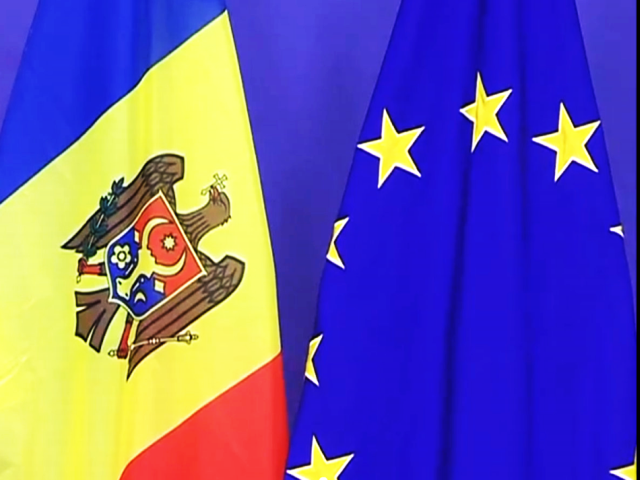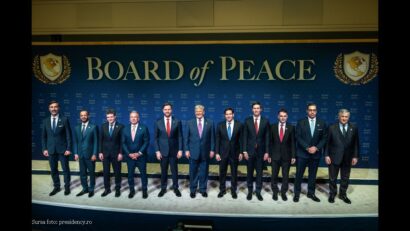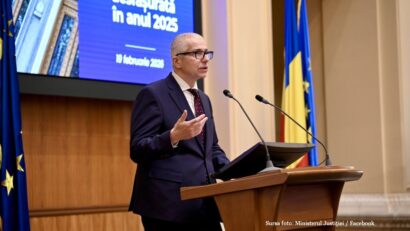New Government in Moldova
A feeling of cautious satisfaction and bitter disappointment wells up in both the press and public opinion in Chisinau at the news that two months on from the legislative election on November 30th the Republic of Moldova has a new government.

Bogdan Matei, 26.01.2015, 13:14
Two of the three pro-European parties in the Moldovan Parliament, the Liberal-Democrats (PLDM) and the Democrats (PD) on Friday announced their merging into a coalition called the Alliance for a European Moldova. The coalition is aimed at creating an executive framework most probably headed by the incumbent Prime Minister Iurie Leanca from the PLDM. In their turn the Democrats have already appointed former economy minister Andrian Candu as Parliament Speaker. The difference as compared to governments of the past five years is that the coalition does not include the third pro-Western political group, the Liberal Party, and that the future Government will not have majority in Parliament, and will thus need the support of the communists to consolidate their position and implement policies.
The Liberal-Democrats and the Democrats are holding only 42 out of a total 101 MP seats. Without the 13 votes of the Liberals, which would have ensured it a relatively comfortable majority, the Moldovan Government is actually relying on the ex-soviet Bolsheviks, more attached to Moscow than Brussels. Their leader, Vladimir Voronin the former autocratic president of the republic between 2001 and 2009, who was an ex-militia general back in late 80s, is seen as the personification of evil by supporters of European integration. He was forced to step down in April 2009 in the wake of large-scale street protests brutally repressed by the police forces, which killed one man and severely wounded many others.
Under a slogan that became famous in the day, ‘I refuse and resist, I am an anti-communist!’ hundreds have again taken to the streets of Chishinau calling for the communists’ completely removal from the new political formula, the setting up of a pro-European coalition, the reform of the country’s legal system and fighting corruption, including through naming a prosecutor general from an EU member country, preferably from the neighboring Romania. The protesters’ claims largely coincide with the agenda of the Liberals, who chose to stay in opposition. Liberal leader and former interim president Mihai Ghimpu has said that he is ready to resume talks with the Liberal-Democrats and the Democrats, if both sides renounce the agreement signed on Friday and pay heed to the recommendations of European leaders, who made great efforts in an attempt to save the three-party government formula.
Last week, Romania’s president Klaus Iohannis again pledged to pay a visit to the Republic of Moldova, shortly after the new government was instated. During the election campaign of November, he went to Chisinau to offer support to the pro-European leaders. Iohannis has reiterated hope that the new Parliament will soon endorse a strong Executive with a firm European agenda. For the time being, the new governing coalition fails to meet both conditions.






























